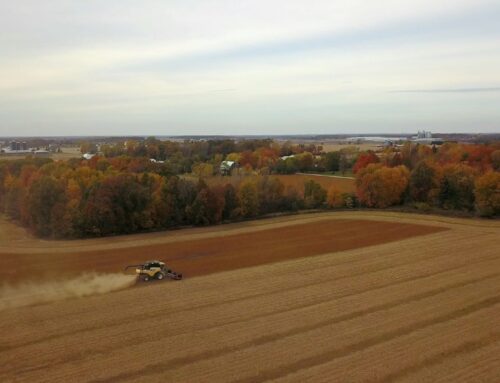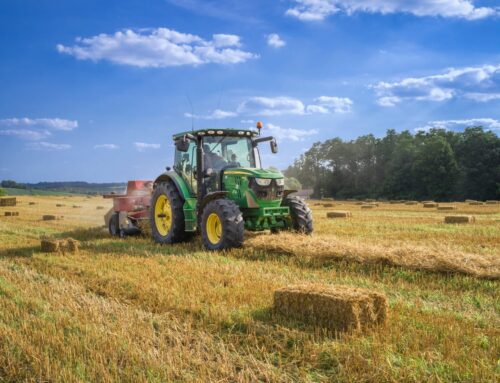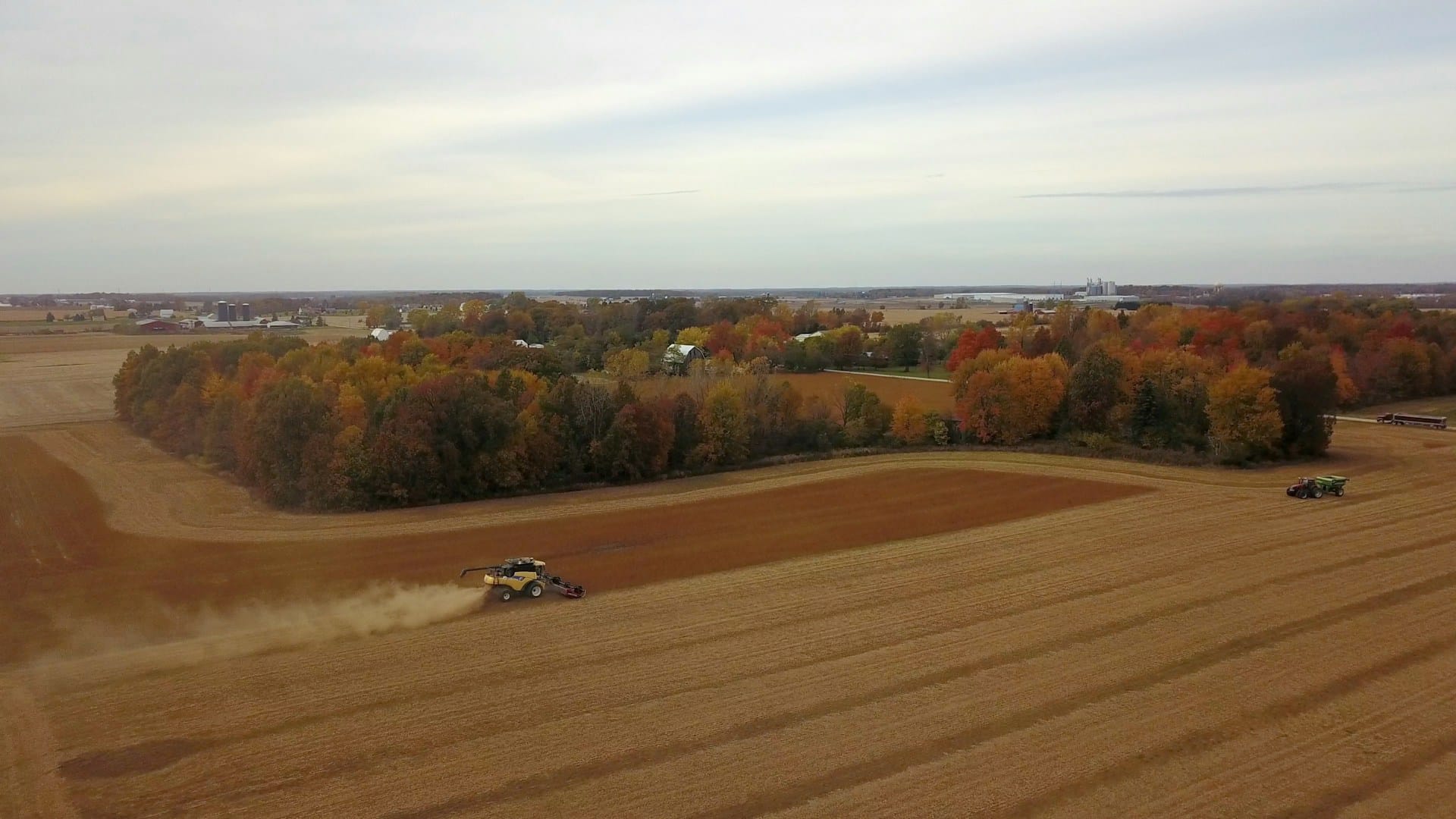This week the House Agriculture Committee held a member day to allow any Member of Congress to discuss concerns or new proposals with the committee. Even though we at TCS read every spending bill, understand how budgeting works, and have actually been in Washington longer than most elected representatives, we did not get invited to share our thoughts. But you, lucky reader, get to read what we would have said had we been there.
Thank you, Chairman Peterson and Ranking Member Conaway, for holding this hearing. Taxpayers for Common Sense is a nonpartisan budget watchdog serving the American taxpayer. And as you may be, perhaps painfully, aware, we are deeply concerned with federal agricultural policy. Not because farm bill programs are routinely much costlier than advertised. Not because the committee has used legislative sleight of hand to thwart widely supported common sense bipartisan reforms. And not even for the at times easily mocked, too narrowly focused policies you push like the duplicative Catfish Inspection Office, the national center to improve sheep (and goats), or a study on a market promotion program for pet rocks.
We focus on federal agricultural policy because it is important. There are three key areas on which the committee must focus to realize this more fiscally sustainable safety net.
Trade Not Aid
The Trump Administration’s trade war is the greatest source of instability and unpredictability facing farmers and ranchers – greater even than the weather. For decades the U.S. has run a trade surplus in agriculture. But loss of export markets has slashed this by $17 billion since the trade war started. Instead of allowing famers to keep serving these export markets, President Trump authorized the Secretary of Agriculture to make two rounds of “emergency” income subsidies worth $28 billion. Federal handouts now constitute 31 percent of net farm income. And the eligibility standards are opaque: cranberries are eligible, but not blueberries. Seafood exporters have lost millions but receive no support. Even the Farm Bureau observed, “We’re all basically guessing as to why certain crops were included and others weren’t.”
The tentative phase one deal recently announced with China actually increases this uncertainty, even if it does not fall apart at the last minute. And while China may promise to restore and increase purchases of US agricultural goods, promises, like commitments to lower tariffs, are easily broken. The economic livelihood of farmers and ranchers must not be held hostage by President Trump’s Twitter tantrums. Congress needs to take control: adopting H.R. 1008, the Trade Security Act of 2019 which reasserts Congress’ constitutional obligation to manage trade relationships and eliminating the Secretary’s authority to distribute trade bailout payments unchecked.
Risk Management not Parochial Pandering
The best development over the last few farm bills has been a move away from federal micromanagement and mandates and toward risk management. Federally subsidized crop insurance is far from perfect, but it is perfectible. Yet Congress’ revival of “emergency” spending bills in response to hurricanes and flooding undermines all of that progress.
In addition to appropriating $5.4 billion in unbudgeted agricultural disaster aid Congress has used “emergency” spending to undermine responsible risk management. Now the 10 percent of farm businesses that chose to not buy crop insurance, get a bailout. Businesses that did buy taxpayer subsidized insurance, get a bonus. For the first time ever taxpayers are financially on the hook for harvested crops that farmers chose not to cover with private insurance. And decades-in-the-making spending limits fought over every farm bill are out the window. Disaster payments don’t count toward the $125,000 limit on farm programs AND you get a check even if you make more than $900,000. Taxpayers cannot afford to make every farmer whole in every situation.
Helping Farmers Help Themselves
It’s becoming clear that adoption of conservation practices leads to increased profitability through lower costs and higher yields. All while reducing vulnerability to drought or flooding.
The Committee should focus on removing obstacles preventing farmers from increasing their physical and financial resilience. It should support efforts like the Healthy Fields and Farms Economies Act to enable USDA to measure, evaluate, and communicate the progress voluntary conservation programs make in achieving their stated goals. It should support legislation like the Agriculture Data Act to allow USDA, researchers, and nonprofits to collect and share data on the impact of conservation practices on farm and ranch profitability, including the effect on crop yields, soil health, and other risk-reducing factors. Farmers shouldn’t have to reinvent the wheel if we know what works.
The federal financial safety net for agriculture should be like life insurance; something you know is there if catastrophe strikes, but a tool you hope to never need. Congress can get there if they work to put an end to the trade war, focus the safety net on reducing risk, and help farmers help themselves.











Get Social